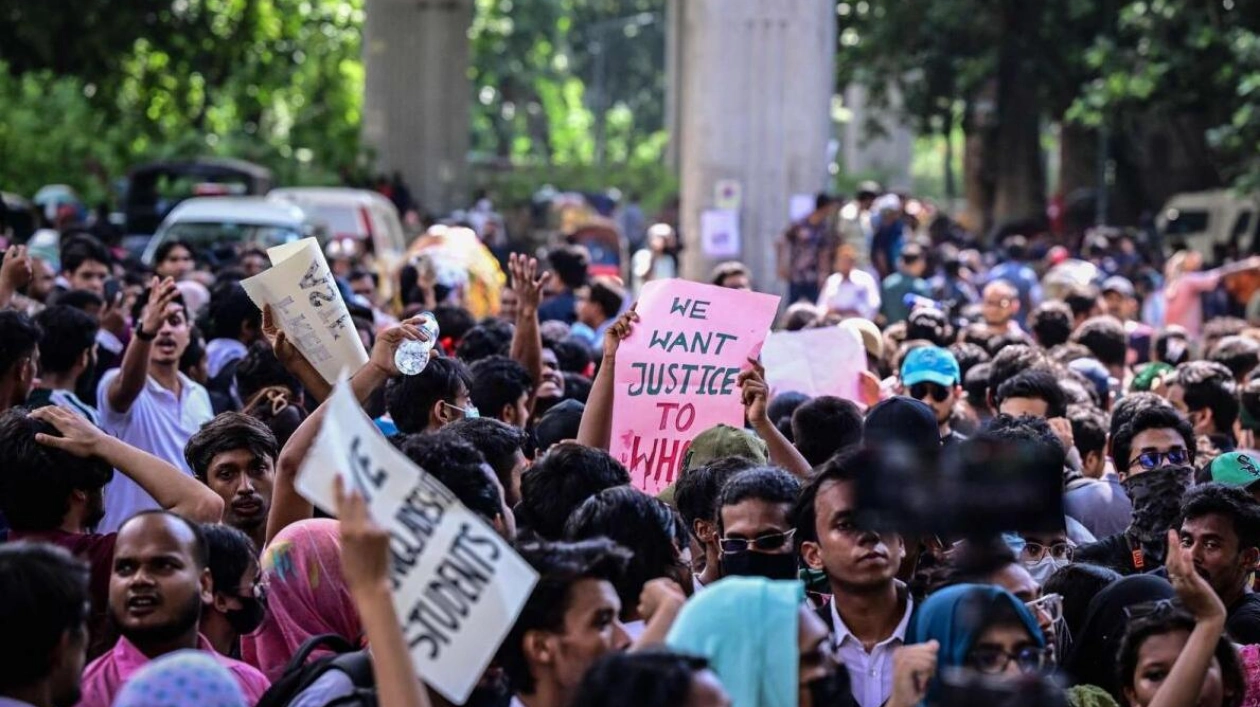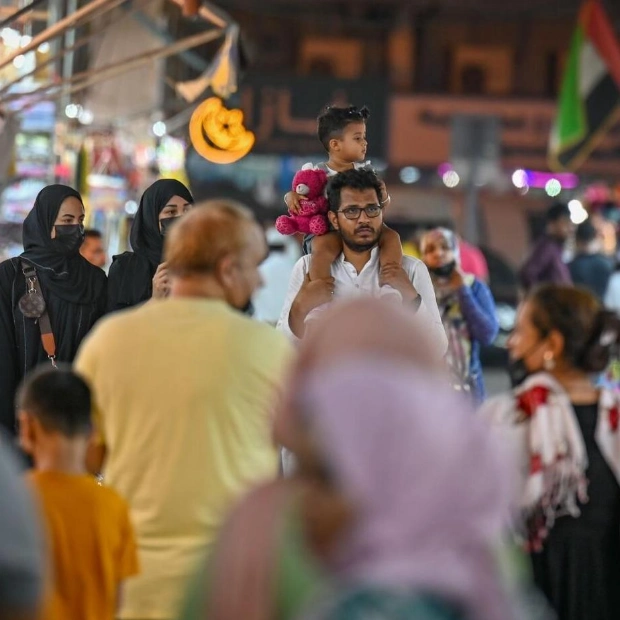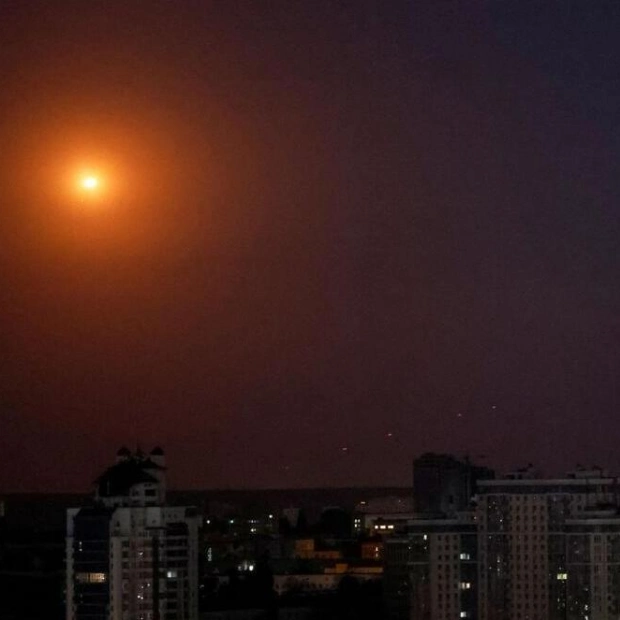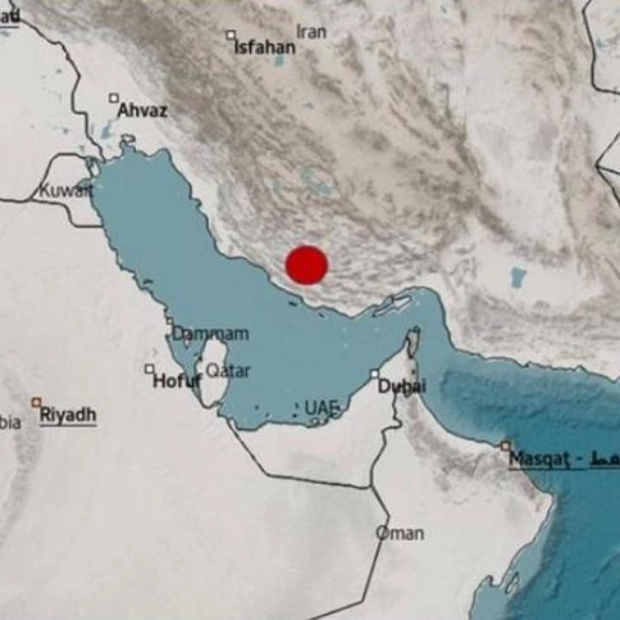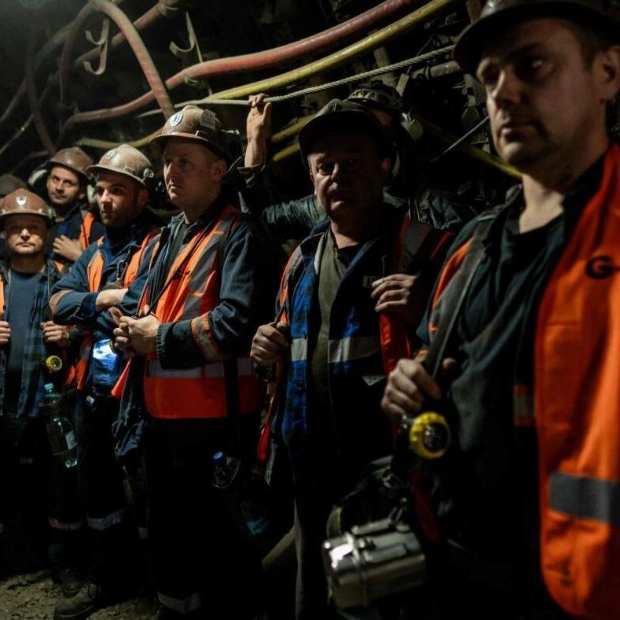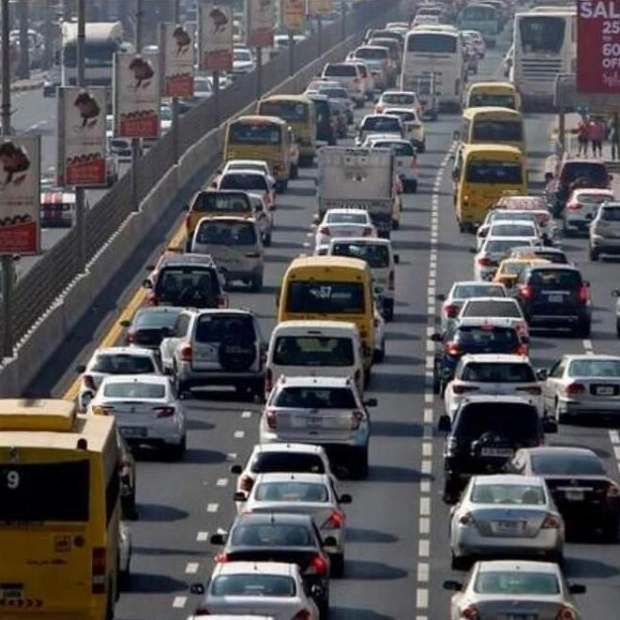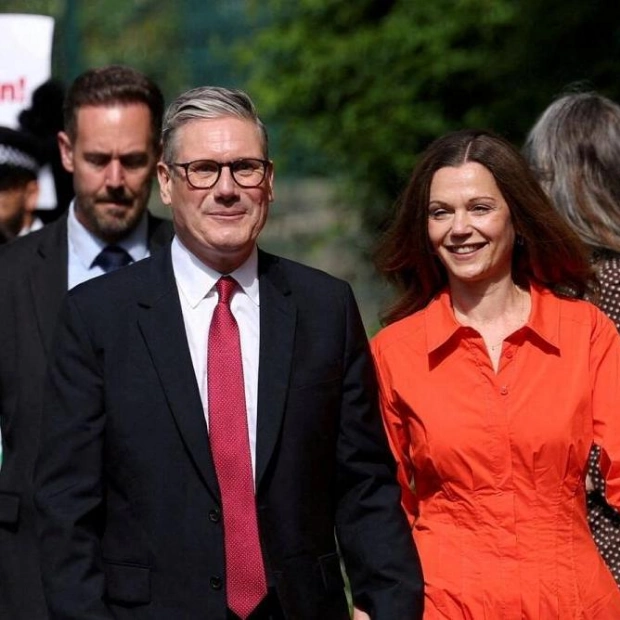The European Union announced on Wednesday that it has postponed talks with Bangladesh regarding a new cooperation agreement, following criticism of Dhaka's handling of recent violent protests that resulted in at least 150 deaths this month. The proposed agreement aims to strengthen trade, economic, and developmental ties between Bangladesh and the EU, which is the primary trading partner for the South Asian nation, representing 20.7 percent of Bangladesh's trade in 2023.
EU Foreign Policy Chief Josep Borrell recently condemned what was reported as a 'shoot on sight policy' in Bangladesh, along with the killings by authorities, deaths of law enforcement personnel, mass arrests, and property damage. The government of Bangladesh Prime Minister Sheikh Hasina has refuted claims of firing live rounds, although hospital sources report that both the injured and deceased show signs of bullet and shotgun pellet wounds.
Nabila Massrali, the EU's spokesperson for foreign affairs, stated via email to Reuters that the initial round of negotiations for the Partnership and Cooperation Agreement, planned for September, has been postponed without a new date set. Meanwhile, Bangladesh indicated that the discussions were rescheduled to November due to a conflict with the United Nations General Assembly meeting starting on September 10. The EU has yet to respond to Bangladesh's statement.
Uttam Kumar Karmaker, an additional secretary at the Economic Relations Division of Bangladesh's Finance Ministry, clarified that the delay was pre-planned due to the UN General Assembly and was not influenced by the recent unrest. This postponement could potentially impact EU support for Bangladesh, which is currently facing economic challenges, rising inflation, high youth unemployment, and declining foreign exchange reserves.
The high cost of living ignited fatal protests prior to the January national elections, where Hasina secured her fourth consecutive term in a vote largely boycotted by the main opposition. The recent student-led protests, which began in opposition to controversial government job quotas, escalated into widespread violence, causing 150 fatalities, injuring thousands, and leading to a temporary shutdown of the country with a curfew, military deployment, and disrupted telecommunications. The restrictions were lifted last week after the Supreme Court eliminated most of the quotas, leading to the cessation of student protests.
Both Hasina and opposition parties have accused each other of being responsible for the violence, with the main opposition Bangladesh Nationalist Party (BNP) accusing Hasina of growing authoritarianism in recent years.
